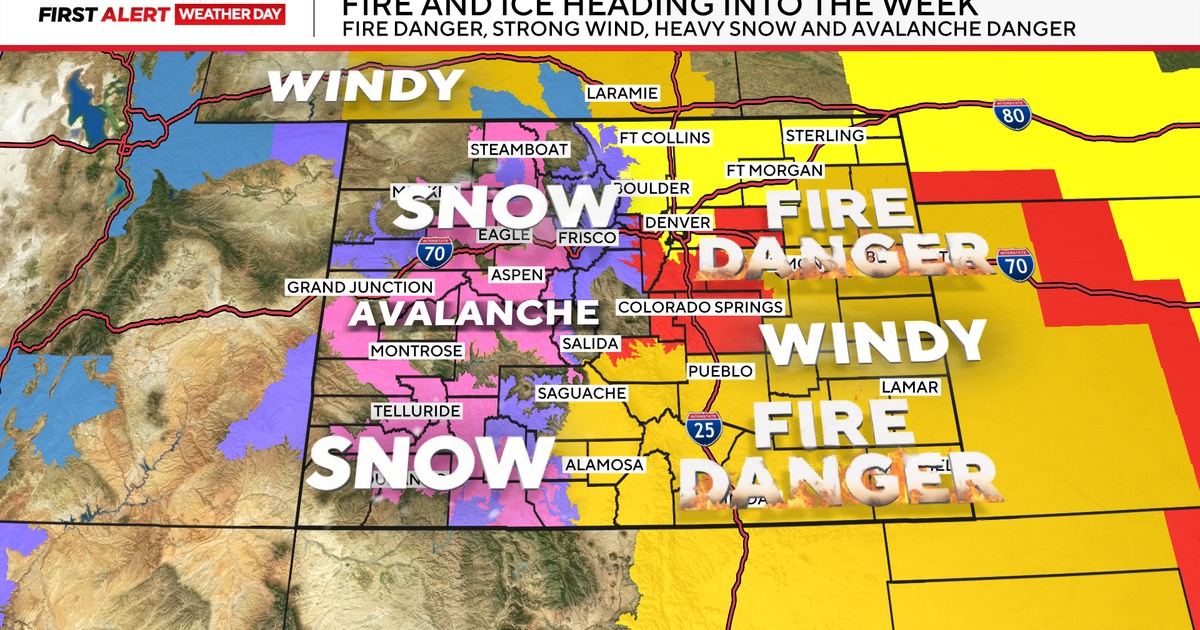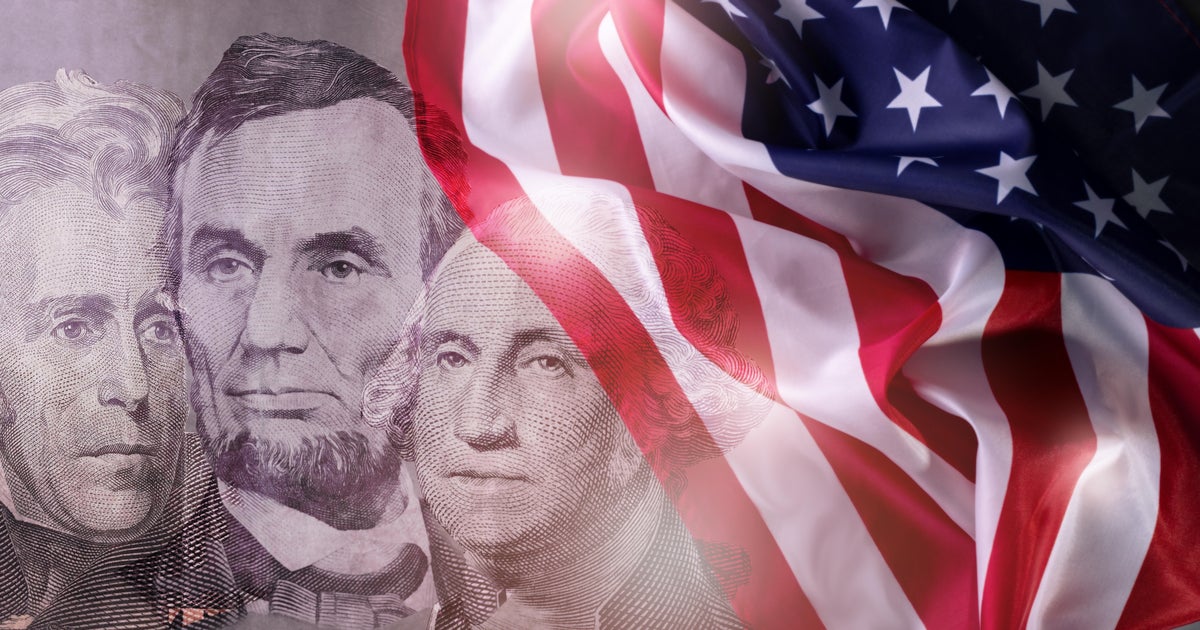New Jersey, Oregon and Washington, D.C., give workers a raise
- Several states and cities are boosting their minimum wages on July 1, giving a raise to tens of thousands of workers.
- The new minimum is $10 an hour in New Jersey, $11.25 in Oregon and $14 in Washington, D.C.
- A dozen cities in California will also bump their minimum wage to amounts between $13.50 and $16.30.
Many workers in Oregon, New Jersey and Washington, D.C. will see higher paychecks this week as those states bump up their minimum wage.
New Jersey's minimum wage rises to $10 an hour on Monday—$1.15 above its current level. In Oregon, workers are getting a 50-cent raise to $11.25 an hour. Washington, D.C. workers are getting the biggest raise, to $14 per hour.
Altogether, at least 18,000 people across those three areas will see their pay rise on Monday, not including workers in many California cities. The state now has a $12 hourly minimum, but many municipalities are hiking their minimum pay above that base to keep up with higher costs of living. In Alameda, the minimum rises to $13.50 on Monday. In Los Angeles, Santa Monica, Pasadena and Malibu, workers will get paid at least $14.25 ($13.25 for small employers.) In San Francisco and Berkeley, it's $15.59. In Emeryville, it's $16.30 for larger businesses.
But it's not just the lowest-paid workers who can expect to see a bit more in their paychecks. Wage hikes at the low end often make employers adjust all their pay scales, and so they boost pay for higher earners, too.
"Anyone who's earning 15% or 20% more than minimum wage might see an increase themselves," said David Cooper, a senior economic analyst at the Economic Policy Institute, a left-leaning think tank. Unlike those paid at the minimum, these workers won't see an immediate boost, Cooper added: "These are impacts that are likely to occur over the course of the next year."
Nationwide, about 430,000 people are paid minimum wage, with another 1.2 million working for less than the minimum. That sub-minimum group includes workers who routinely earn tips—like restaurant waitstaff and bartenders—as well as workers with disabilities, who can legally be paid less than the minimum.
The federal minimum wage has been at $7.25 for nearly 10 years, marking the longest period of time Congress has gone without boosting the nation's wage floor. That's pushed 29 states and 50 cities across the country to implement their own higher pay minimums.



